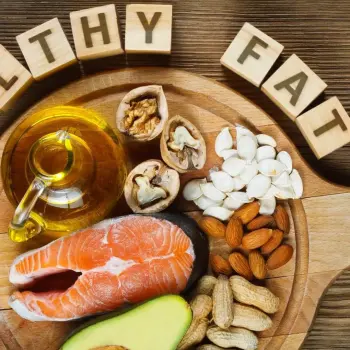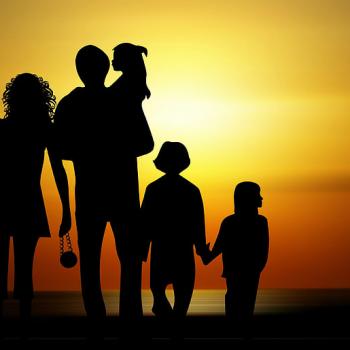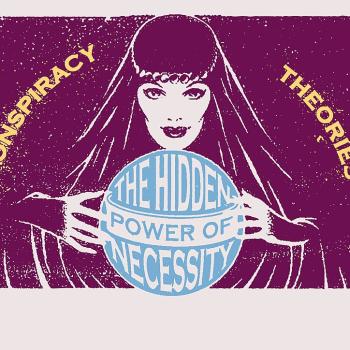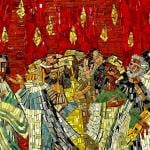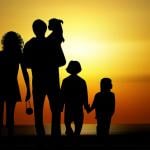Terrorism, the shaky economy, and now ebola–these things make us feel insecure. Chris Cillizza says that other items in the news–the Secret Service failures, the controversy over the Ferguson police, the rise of ISIL in Iraq despite our military’s prowess–adds a further level of insecurity, that those who are supposed to protect us can’t. See what he says after the jump. What do you think of his analysis?
From Chris Cillizza, The Secret Service story isn’t just about President Obama. It’s about us too. – The Washington Post:
If people with, at best, uncertain intentions can get that close to the president of the United States, what does that mean for my safety and the safety of my family?
It’s a conversation — or at least a strain of thinking — that has been active in the American consciousness since the terrorist attacks of Sept. 11, 2001. That’s when the idea of all the horrible things we saw happening in far off places weren’t so far off after all hit home. It fostered a sense of vulnerability that we had previously not known for decades — if ever. It was accompanied by an extended economic slide that saw Wall Street greed on full display and a political system unwilling or unable to respond effectively. Hurricane Katrina — and its aftermath — reaffirmed that sense that the pillars of society we had always leaned on in tough times might not be there to lean on anymore. The debate over performance enhancing drugs made sports — typically an escape — part of the problem. The ongoing debate over concussions — not to mention domestic violence — in the NFL added to our sense that the people in charge might a) be telling us less than we deserved to know and, more frighteningly, b) not really know what was going on.
Two moments this summer and fall — prior to the Secret Service issues — have added to the growing sense of unease and anxiety about who — if anyone — is (or can) look out for us. The first was the shooting of an unarmed black teenager named Michael Brown in Ferguson, Missouri and the protests that followed. For many — particularly in the black community — the Brown shooting epitomized the idea that even those who are paid to protect us don’t always do it, and sometimes do the opposite. (The investigation into Brown’s death is ongoing.) Then came the rise of the Islamic State — and the gruesome beheadings of journalists — that put a new terrorist organization into the American consciousness 13 years after we first heard of a group called al Quaeda.




